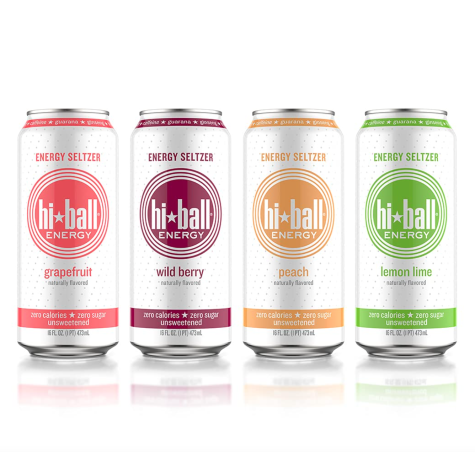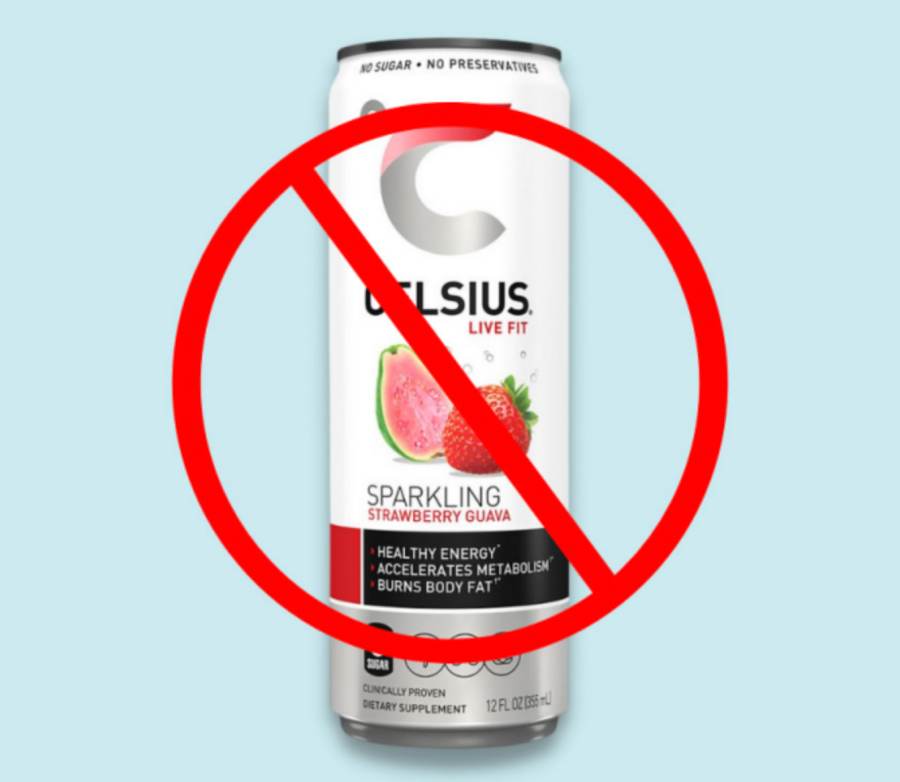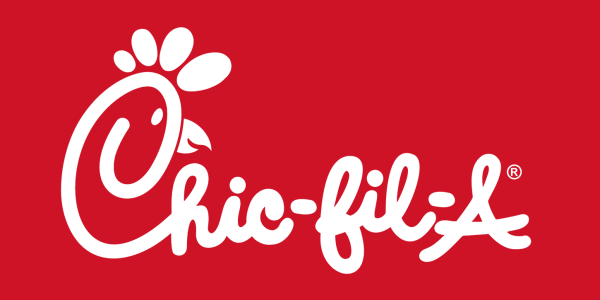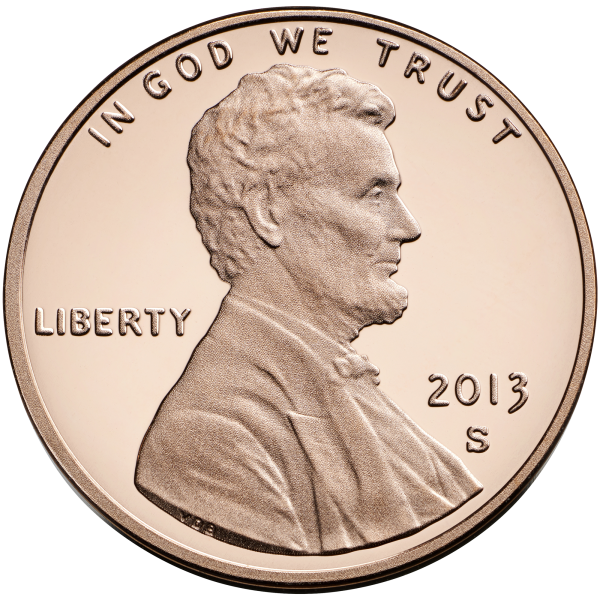Celsius: is it okay to drink?
Created in 2009 in a Swedish laboratory, Celsius energy drinks have swept the nation and thus created some controversy. Celsius is supposed to be a healthier alternative to traditional energy drinks but many critics claim it may be even worse. Celsius is zero sugar, kosher, gluten-free and non-gmo. Compared to a Red Bull which has almost 40 grams of added sugar (close to twice the DAILY recommended amount), Celsius appeals to health-conscious individuals. Drinking two days’ worth of sugar in one Red Bull is not ideal, so many people in need of a sugar-free energy burst turn to Celsius. One Celsius contains 200 mg of caffeine whereas your average cup of coffee contains 95 mg. This high caffeine count is what gives Celsius drinkers a noticeable energy boost. On the bright side, one Celsius is still within the healthy amount of daily caffeine intake (400 mg). But think about this: if you drink a cup of coffee in the morning, a Celsius pre-workout and two diet cokes at a restaurant for dinner you are dangerously close to exceeding the healthy amount of caffeine. Personally, I can feel the energy from a Celsius especially when working out.
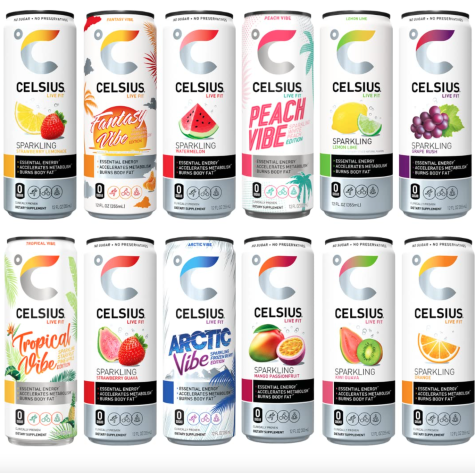
Not FDA Approved
So why do so many people disapprove of Celsius? Because it is not FDA-approved. Guarana, one of the main ingredients of Celsius, lacks FDA approval. This means that there could be a possible higher intake of caffeine than we know is in the drink. Guarana is a Brazilian plant that is well known for its energy-increasing properties. FDA approval is important because the FDA will determine the benefits provided by a product outweigh the potential risks. Without FDA approval, Celsius drinkers are taking a risk every time they open a can.
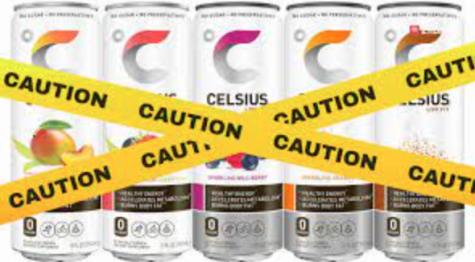
Burns body fat?
On the label, Celsius claims that it can burn body fat and accelerate metabolism. We all know there is no magic “quick fix” for weight loss or fat burn and that the best way to get in shape is to maintain a healthy diet and active lifestyle. So the claim that Celsius can do the impossible raises eyebrows from dietitians. So can Celsius actually lead to weight loss? I tried to find an answer online and was very unsuccessful which is a major red flag. Personally, I am taking this lack of research as a sign that Celsius does not contain fat-burning ingredients.

Lawsuit
Currently, Celsius is involved in a class action lawsuit where Celsius drinkers can earn up to $250 in compensation. This suit emerged because Celsius claims that their product contains no preservatives despite the fact that it contains citric acid, which is a preservative. The claims deadline was February 13th, 2023 and thousands of Celsius drinkers received money from the company after presenting a valid receipt. Since Celsius was dishonest about their product’s preservative content, this leads consumers to question what else the brand could be lying about.
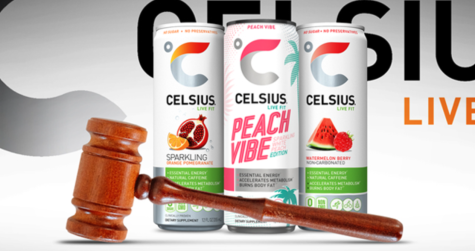
Final Words
Because nutritionists can offer no clear answer on the health benefits of Celsius, the overwhelming caffeine content, and the sketchy ingredients from the brand, Celsius overall does not seem worth the risks. That being said, I will continue from time to time to indulge in Celsius because sometimes they feel necessary like when driving on a road trip. Instead of Celsius, I have switched over to Hi Ball Energy found at Whole Foods. Hi Ball is featured on many lists as one of the “healthiest energy drinks” on the market. I was influenced by the instructors at the Works Charleston, many of whom can be seen with a mid-class Hi Ball. Overall, Celsius has created a lot of controversy, and conspiracy theorists feel that some of the brand’s missteps could be an attempt to attract attention because any publicity is good publicity in the world of marketing.
